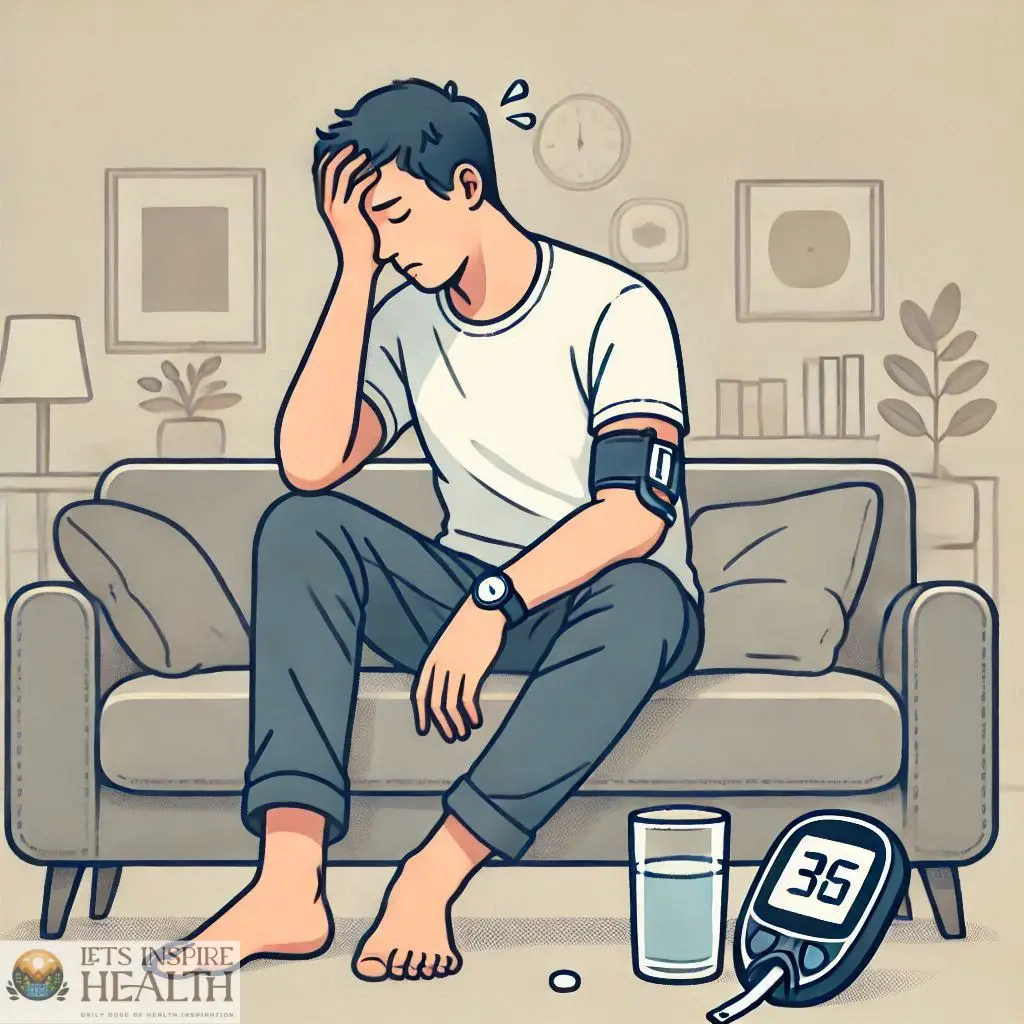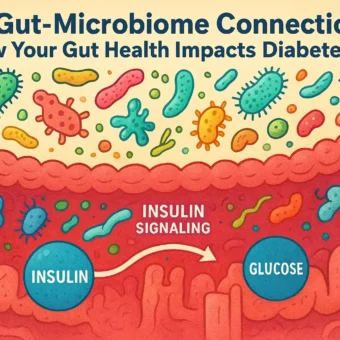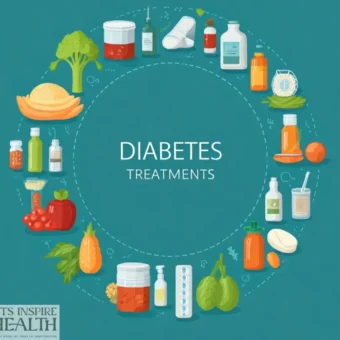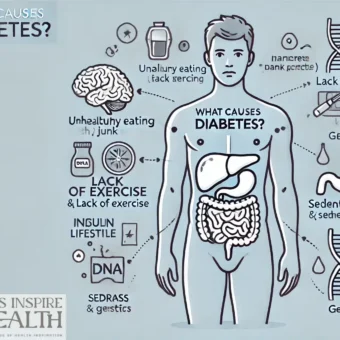Understanding High Blood Sugar
High blood sugar, also known as hyperglycemia, often develops subtly, leaving many unaware of the potential health risks it carries. But spotting the signs early can make a significant difference in preventing complications. Whether you’re managing diabetes or simply looking out for your health, learning to recognize these symptoms is essential.
The Hidden Impact of High Blood Sugar on Your Body
When blood sugar levels rise above normal, your body struggles to maintain balance. Over time, this imbalance can affect:
- Energy Levels: Resulting in fatigue and reduced productivity.
- Vital Organs: Leading to damage in the kidneys, eyes, and nerves if untreated.
- Overall Wellness: Increasing the risk of chronic conditions like diabetes.
5 Common Signs of High Blood Sugar
1. Frequent Thirst and Urination
High blood sugar causes your kidneys to work overtime, attempting to remove excess glucose. This process leads to:
- Excessive Thirst: Your body signals the need for hydration.
- Frequent Urination: A natural consequence of drinking more water.
Real-Life Example:
John, a 35-year-old office worker, noticed he couldn’t go two hours without rushing to the restroom. After consulting his doctor, he learned his blood sugar levels were above normal.
2. Unexplained Fatigue
When your cells can’t efficiently absorb glucose for energy, you may feel tired even after a full night’s sleep.
- Cause: Glucose stays in the bloodstream rather than providing energy to cells.
- Effect: Persistent tiredness impacts daily tasks and quality of life.
Pro Tip:
Maintain stable energy levels by balancing your meals with protein, fiber, and healthy fats.
3. Blurry Vision
Excess sugar in the blood can pull fluid from your eye lenses, causing temporary blurriness.
- Short-Term Effect: Difficulty focusing.
- Long-Term Risk: Potential damage to the blood vessels in the eyes, leading to diabetic retinopathy if left untreated.
Checklist to Protect Eye Health:
☑ Schedule regular eye exams.
☑ Control blood sugar levels.
☑ Wear sunglasses to protect against UV damage.
4. Slow Healing of Wounds
High blood sugar impairs circulation and affects the healing process.
- Visible Signs: Cuts and sores that take unusually long to heal.
- Health Risk: Increased vulnerability to infections.
Health Tip:
Clean wounds immediately and monitor their healing closely. Seek medical advice if healing is delayed.
5. Tingling or Numbness in Hands and Feet
Known as neuropathy, this symptom arises when high blood sugar damages nerves.
- Initial Signs: A tingling sensation or numbness in extremities.
- Progression: Can lead to chronic pain or loss of sensation if untreated.
Comparison Table: Early vs. Advanced Neuropathy
| Stage | Symptoms | Management Steps |
| Early Neuropathy | Tingling, mild numbness | Blood sugar control, regular exercise |
| Advanced Stage | Severe pain, loss of feeling | Consult a specialist, medication |
How to Manage and Prevent High Blood Sugar
Step-by-Step Tips for Blood Sugar Control
- Monitor Regularly
- Use a reliable glucose monitor.
- Keep a log of your readings to identify patterns.
- Stay Active
- Aim for 30 minutes of exercise daily.
- Choose activities like walking, cycling, or yoga.
- Eat Balanced Meals
- Include whole grains, lean proteins, and plenty of vegetables.
- Avoid sugary drinks and processed snacks.
- Stay Hydrated
- Drink at least 8 glasses of water daily.
- Hydration helps the kidneys flush out excess sugar.
Myth Busting: Misconceptions About High Blood Sugar
Myth: Only People with Diabetes Experience High Blood Sugar
Truth: Anyone can experience hyperglycemia due to poor diet, stress, or lack of physical activity.
Myth: Eating Fruit Raises Blood Sugar Levels Too Much
Truth: Whole fruits in moderation are healthy and contain fiber, which slows sugar absorption.
Checklist: What to Do if You Notice Symptoms
☑ Check your blood sugar levels immediately.
☑ Adjust your diet to reduce sugar intake.
☑ Stay active to help lower glucose naturally.
☑ Consult a healthcare provider for advice.
The Bigger Picture: Effects on Overall Well-Being
Ignoring signs of high blood sugar can lead to serious health complications, including:
- Cardiovascular disease.
- Kidney damage.
- Vision loss.
Proactively managing blood sugar not only prevents these risks but also improves your quality of life.
Conclusion
Recognizing the signs of high blood sugar early can prevent long-term health complications. By staying informed and adopting a proactive approach to your health, you can maintain balanced glucose levels and enjoy a healthier life.
Disclaimer
This blog is for informational purposes only and is not a substitute for professional medical advice. Always consult a healthcare provider for diagnosis and treatment of specific symptoms or conditions.







